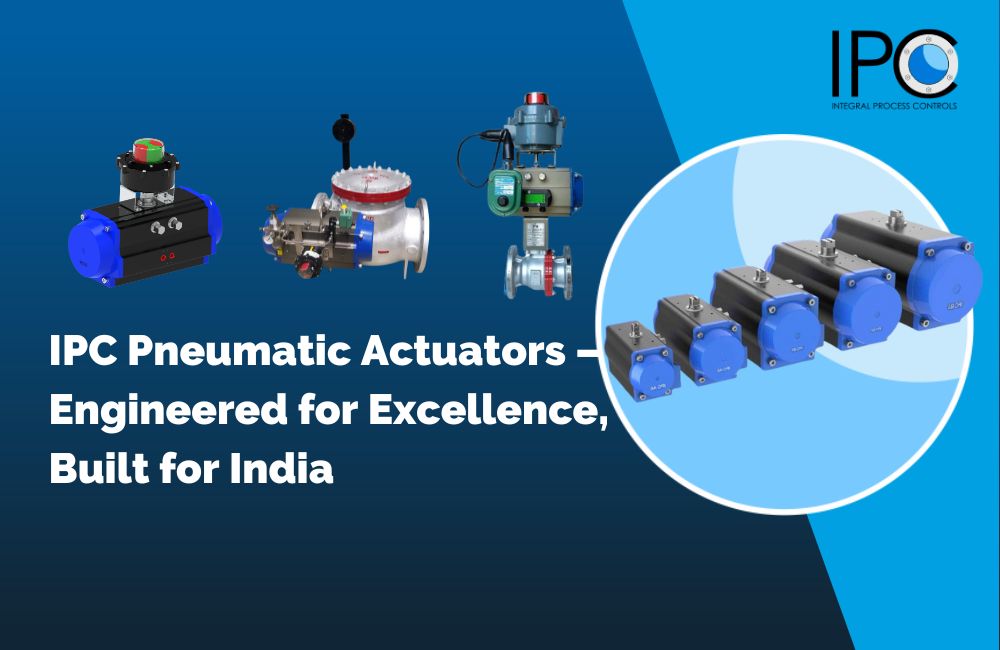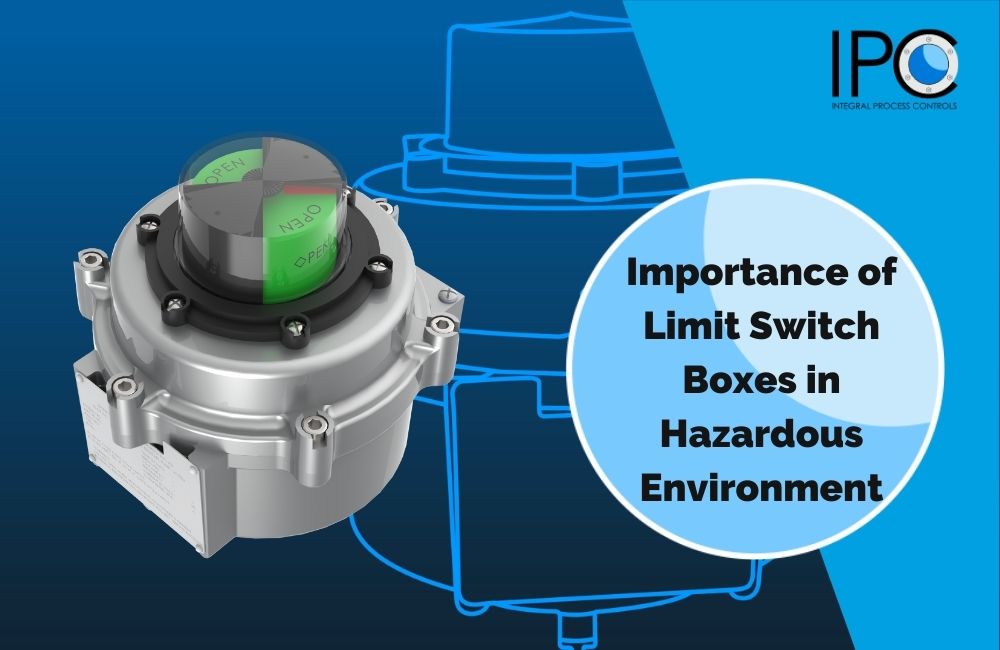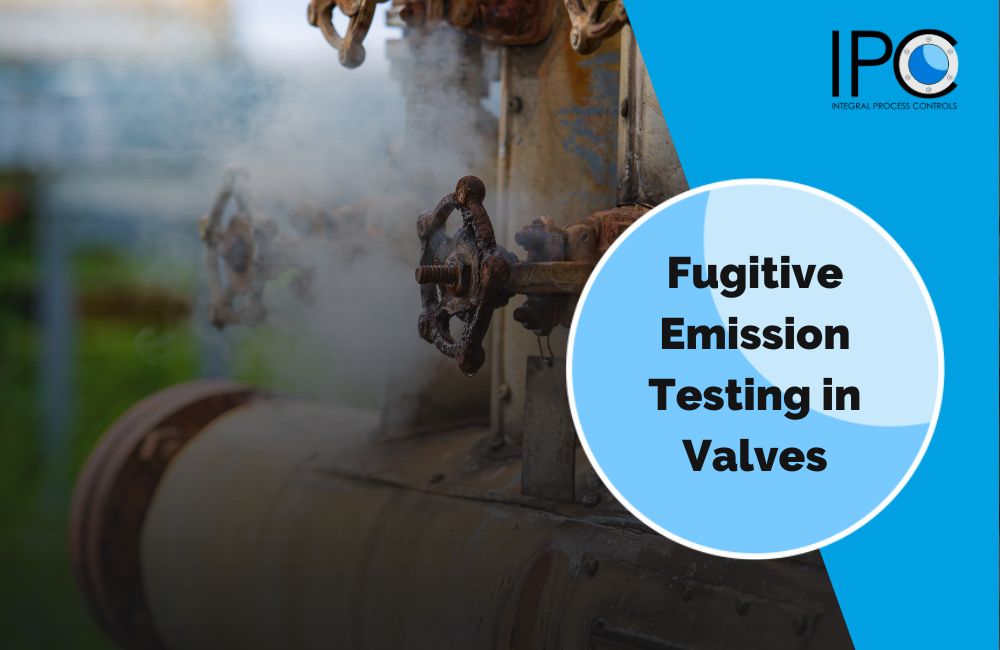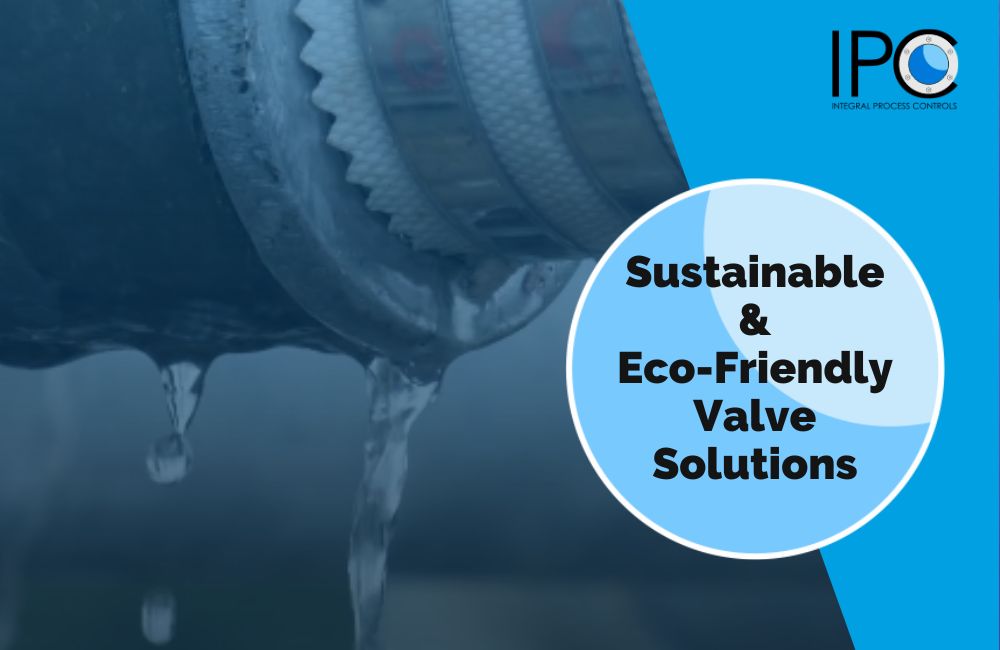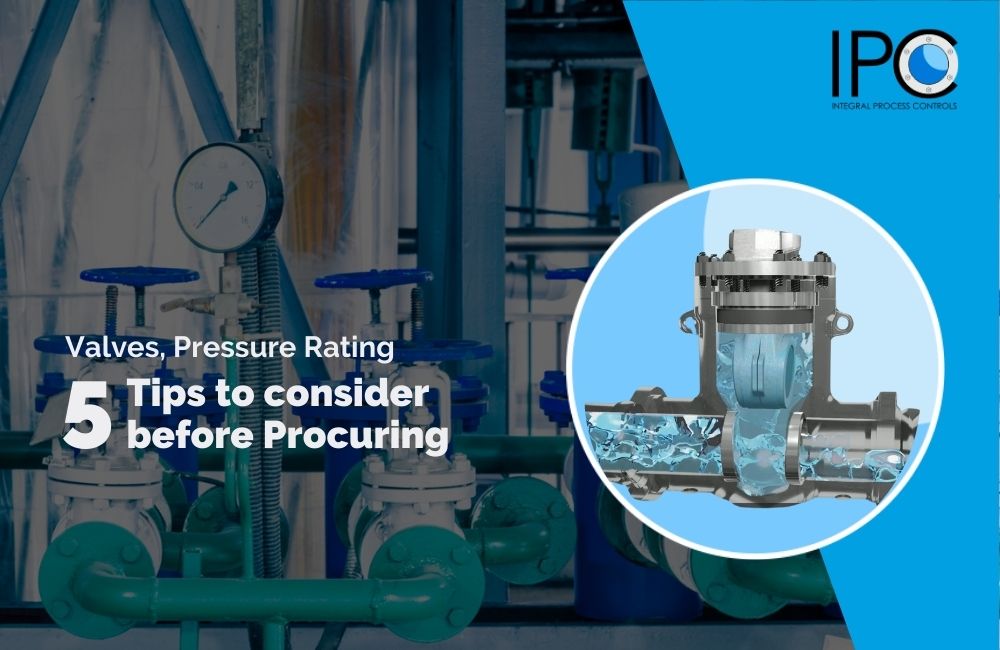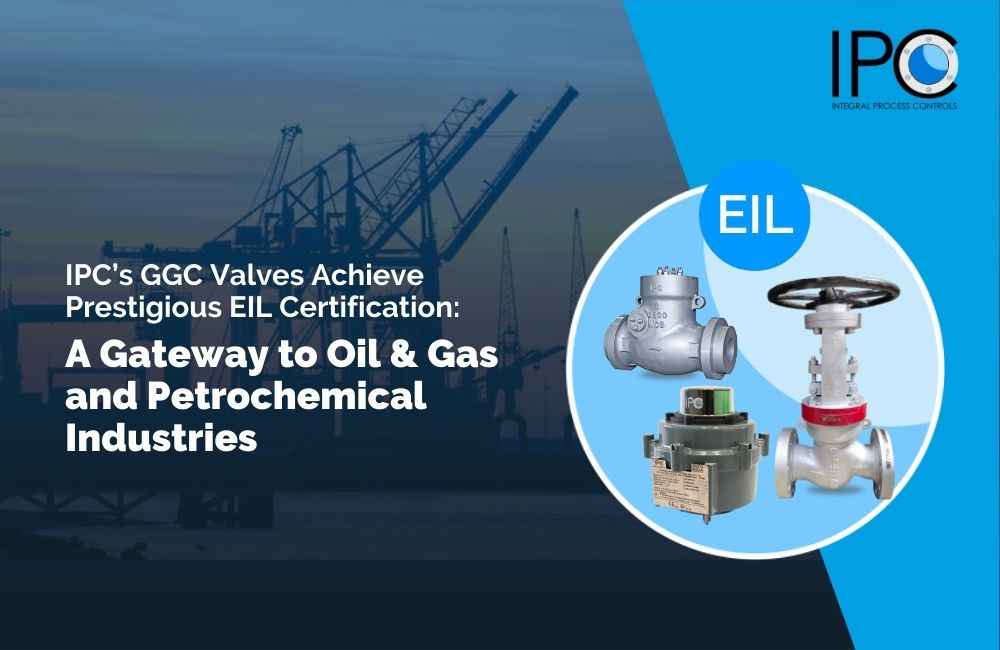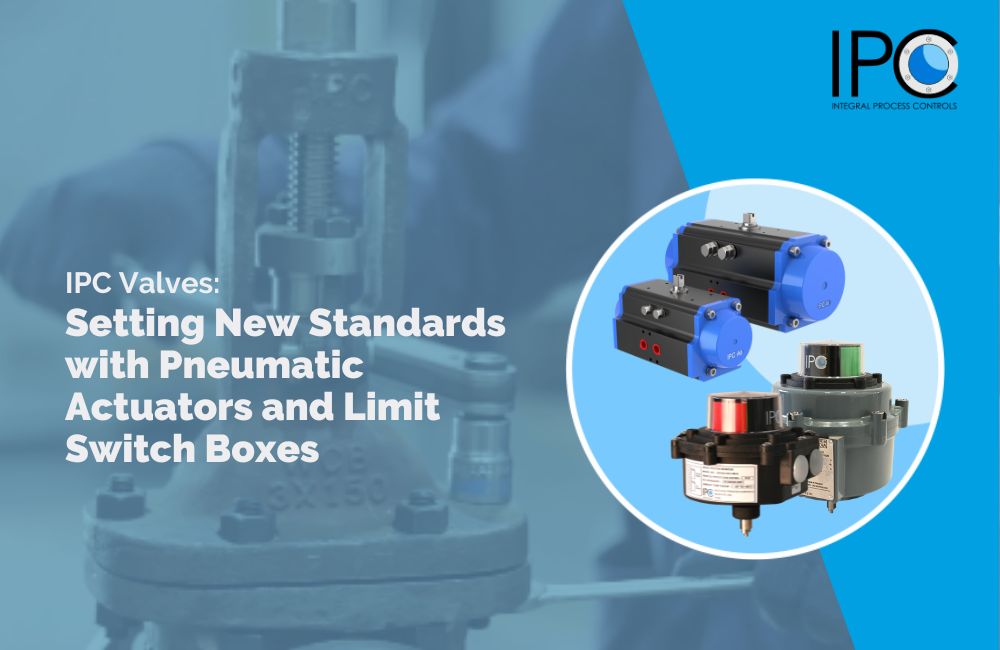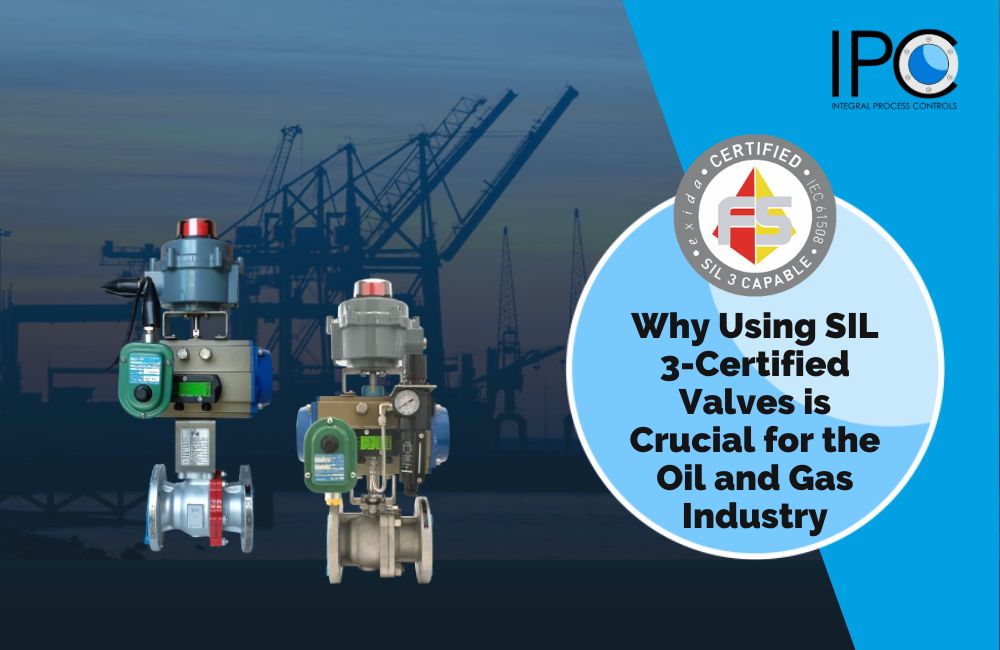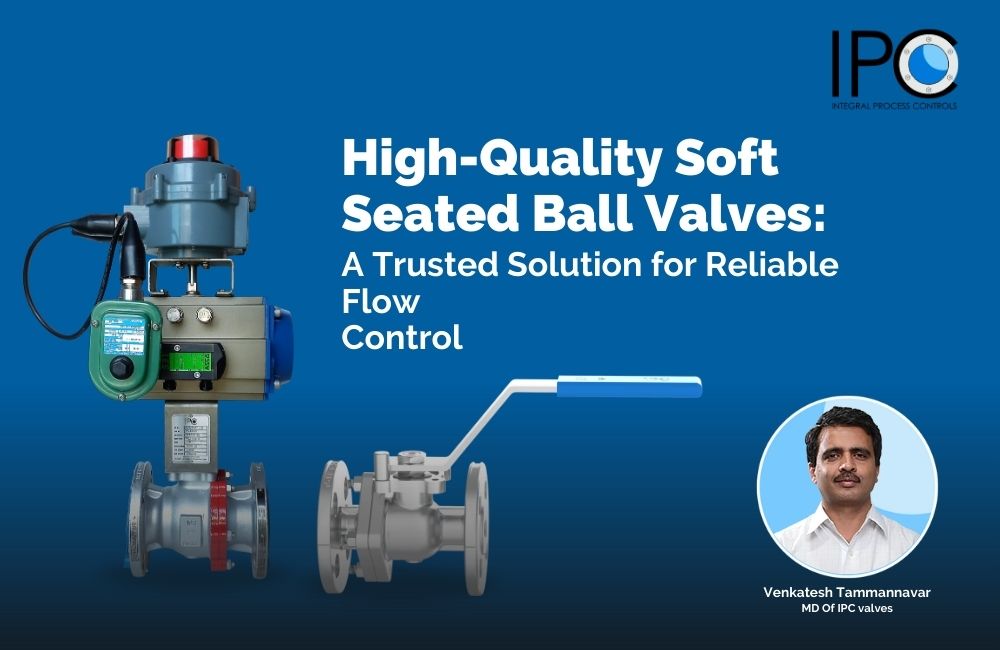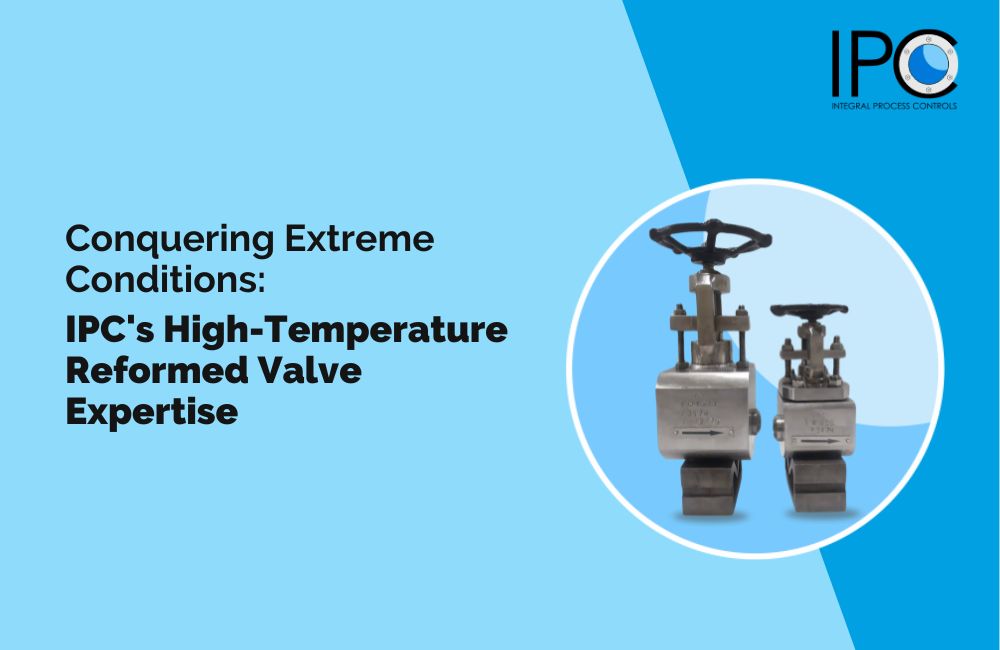A Legacy of Flow Control Expertise
For over two decades, IPC has been a leader in flow control, delivering high-quality valve solutions. This deep expertise has driven the development of IPC’s pneumatic actuators—precision engineered products that combine innovation, reliability and global standards. Designed to optimize valve automation, IPC actuators offer unmatched performance in demanding industrial applications. IPC is not only valve manufacturer but also providing one roof solution for valve automation actuators and limit switch box accessories under one roof.
Precision Engineered for Performance
IPC actuators are built for reliability and durability. Engineered with advanced materials and precision manufacturing, they deliver consistent torque output, ensuring smooth and efficient valve operation in critical applications.
- Double-Acting: 40.1 to 3778.9 Nm (at 5.5 barg)
- Spring-Return: 8.7 to 1658.6 Nm (Spring end torque at max spring set)
- Operating Pressure: 0.2 to 8.0 barg (DA) | 2.5 to 8.0 barg (SR)
Compact, Safe and Reliable
IPC Rack & Pinion pneumatic actuators provide smooth automation for quarter-turn valves, dampers and other 90° turn devices. Thoughtful design allows for extensive direct mounting orientations, saving space and simplifying installation. Our actuators ensure long-lasting, safe operation in every industrial application.
Empowering Indian Valve Manufacturers
IPC’s 100% indigenous actuators support India’s self-reliance vision. They offer a perfect import substitute, ensuring superior quality with zero dependency on foreign suppliers.
Key Benefits of IPC Actuator:
• Designed as per Industry Needs:
IPC actuators are meticulously engineered to meet the unique demands of world’s diverse industrial landscape. They are built to withstand challenging environmental conditions, ensuring robust and reliable performance across various applications.
• Cost-Effective Maintenance & Reliable
By sourcing locally manufactured actuators, Indian valve manufacturers can significantly reduce costs associated with imports. IPC actuators offer an affordable yet high-quality alternative, ensuring reliable operation without compromising on performance. Our valves are equipped with top quality seals and low-friction bearing materials for trouble free operation.
• Reduced Lead Times
Local production and supply chains enable faster delivery schedules, minimizing downtime and ensuring seamless operations. This agility allows manufacturers to respond promptly to market demands and project timelines.
• Compliance with Global Standards
IPC actuators are designed and manufactured to meet international quality and safety standards like ISO 5211/DIN 3337 and VDI/VDE 3845 (NAMUR), ensuring compatibility and reliability. This compliance enhances the credibility of Indian valve manufacturers, facilitating access to global markets and fostering trust among international clients.
• Versatility:
IPC valves are suitable for quarter-turn applications, including plug, butterfly and ball valves.
• Safety Features:
Our actuator includes blowout resistant shaft designs and pre-compressed encapsulated springs for enhanced safety.
• SIL 3 Certification:
IPC’s pneumatic actuators are SIL 3 certified, which signifies a high level of safety and reliability. This certification ensures that the actuators meet stringent safety standards, making them suitable for critical applications in industries like oil and gas, chemical processing, and power generation.
Strengthening India’s Self-Reliance
With IPC actuators, Indian manufacturers gain a dependable, locally-made solution that aligns with Atmanirbhar Bharat.
Trust IPC for Proven Performance.
Drop and email to Enquiry@ipcvalves.com to know how IPC can help you procure right pneumatic actuator

